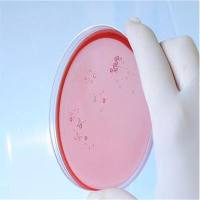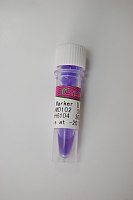Major and Modified Nucleosides, RNA, and DNA
互联网
622
Most analytical chemists are well aware of the rapid rate of development of high-performance liquid chromatography (HPLC) over the past 5 years. A number of articles have been published in Analytical Chemistry on different topics in HPLC and many papers appear in the chromatographic journals. Some books also have been published covering this subject. HPLC has proved to be a very effective, broadly applicable chromatographic method for the separation and analysis of complex molecules in fields as diverse as biochemistry and environmental, pharmaceutical, medical, and polymer chemistry. HPLC is now having a major impact on the clinical and research aspects of medical biochemistry. Although the contributions of HPLC to other disciplines generally complements gas-liquid chromatography, this method is destined to play a much greater role in medical and biochemical research. This is because many of the biomolecules, owing to their molecular complexity and size, are thermally unstable or nonvolatile, preventing or complicating an analysis by GC. A major factor contributing to the powerful advances in biomedical liquid chromatography is the development of reversed-phase high-performance liquid chromatography (RP-HPLC) using n -alkyl and phenyl chemically bonded substrates.









